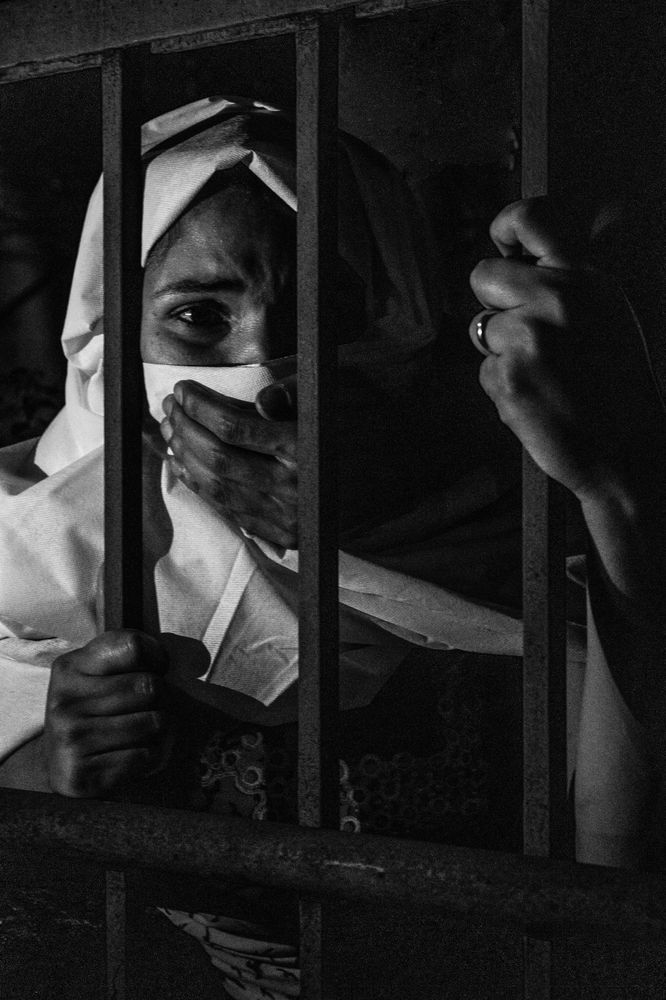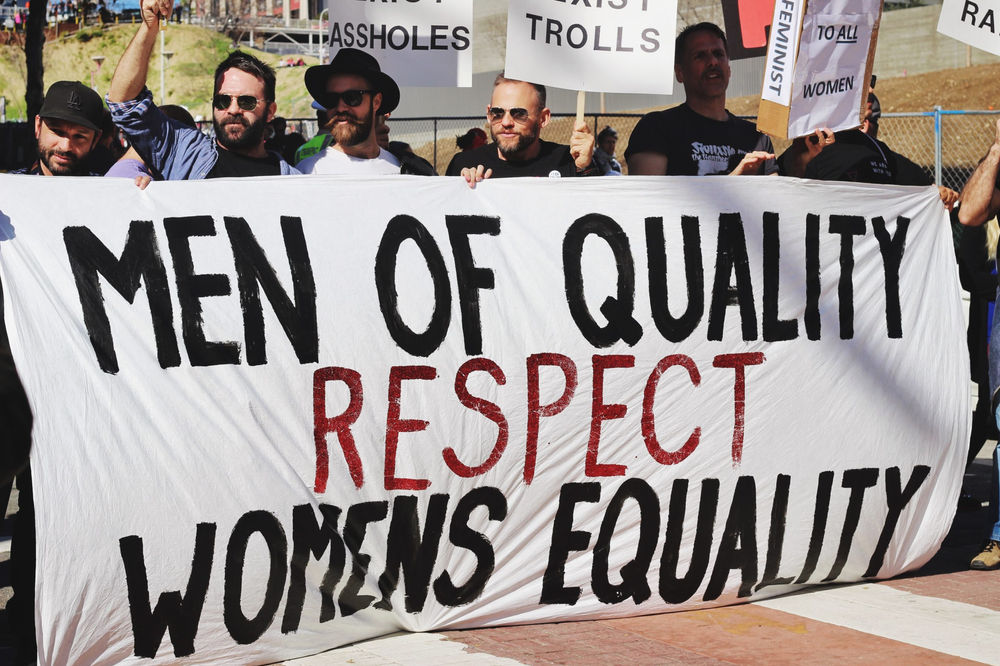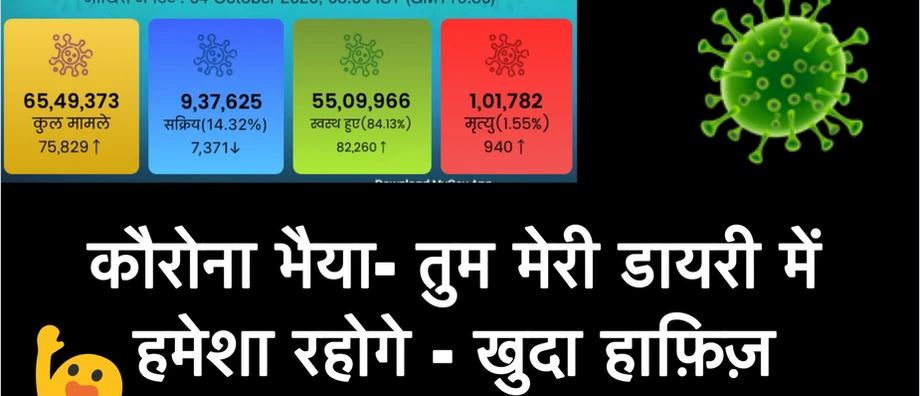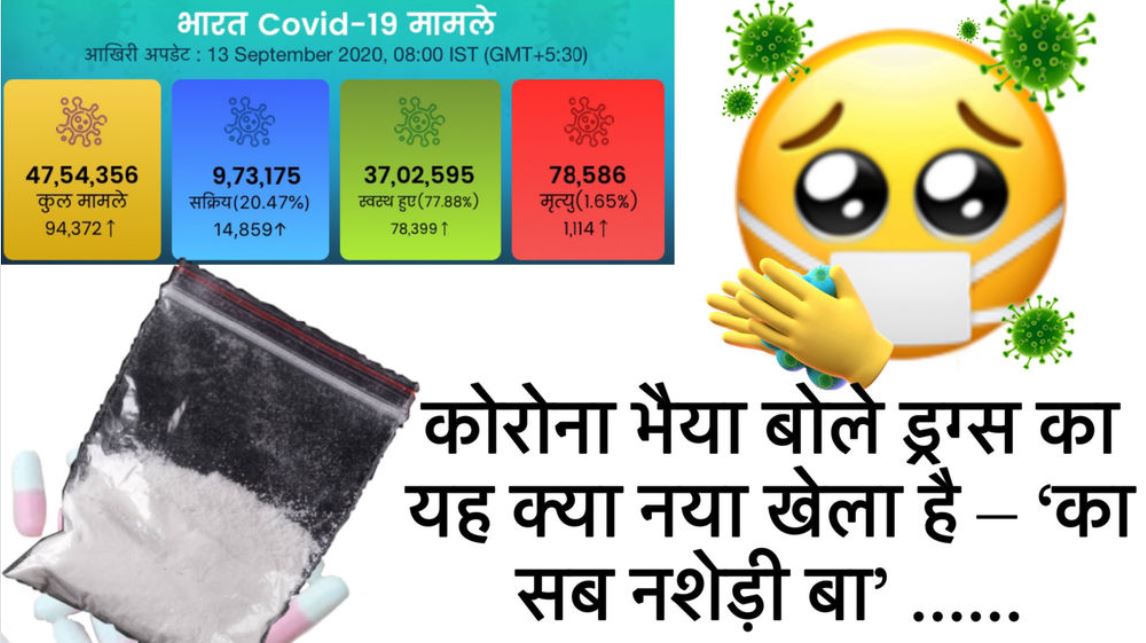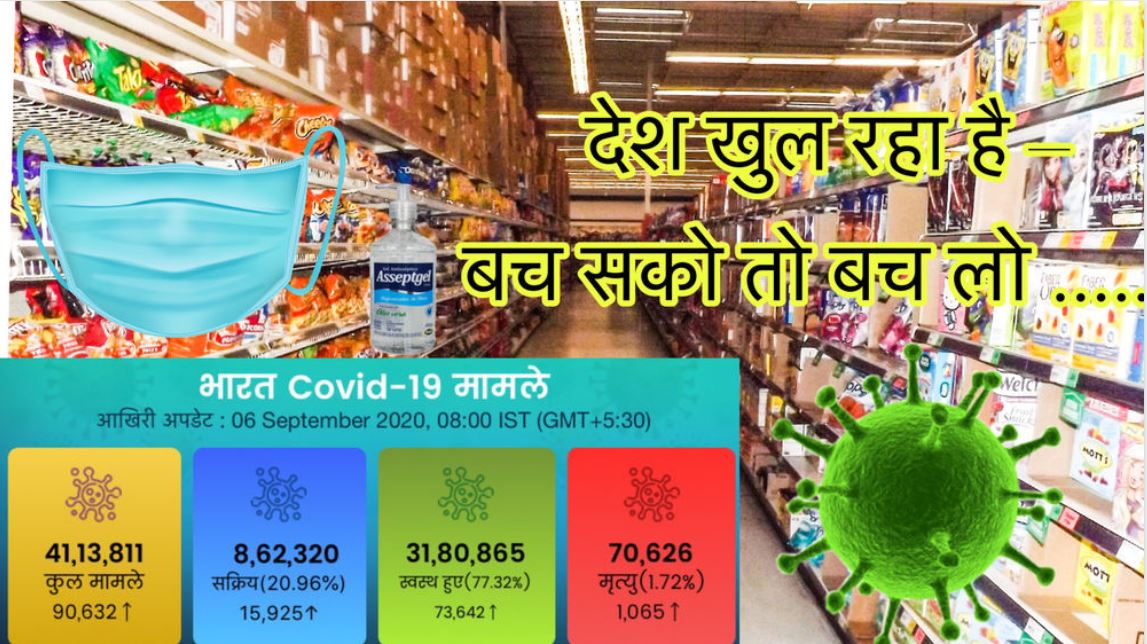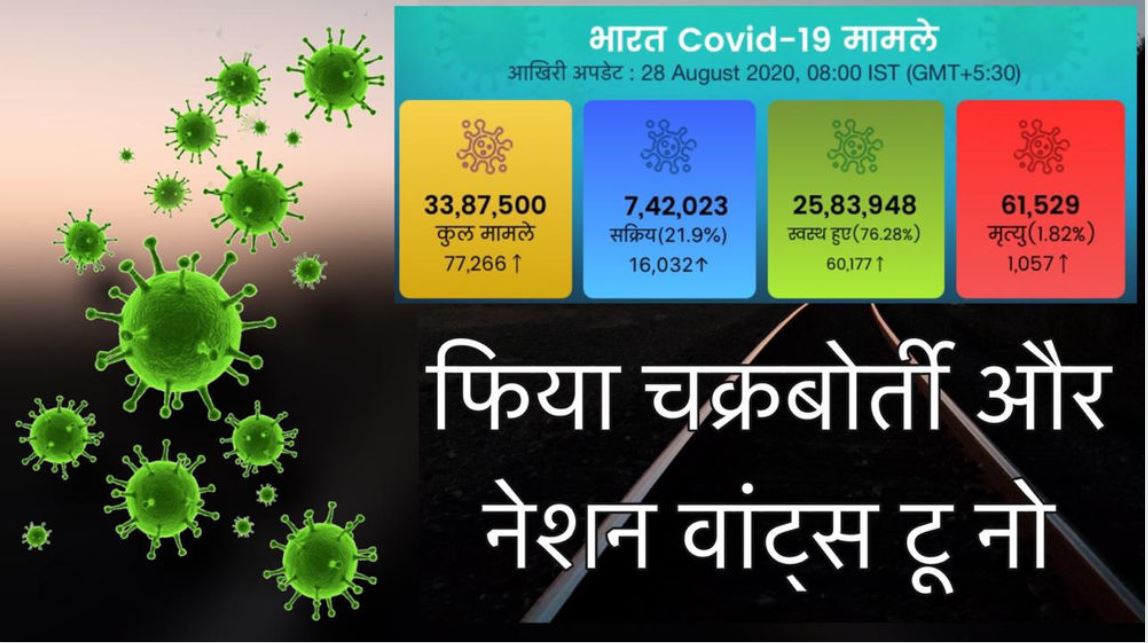As world battles out the Covid-19 pandemic, health anxiety, sleep disturbances, panic attacks, depression and loneliness has taken heavy toll on mental health affecting the entire ‘ basis of life’ .
Today across the globe we observe October 10 as the World Mental Health Day with the theme “Mental Health for All: Greater Investment – Greater Access.”
Leading medical journal The Lancet says “the burden of mental health in India between 1990 and 2017 has found 197 million Indians suffering from mental disorders.
‘Within these, 45.7 million are reported to have depressive disorders, and 44.9 million are suffering from anxiety disorders. These figures prior to the pandemic suggest that we were already at the brink of a mental health pandemic’.
As Covid-19 continue to show surge with re–emergence in different geographical regions , we sadly focus more on ‘deaths’, while mental well-being, one of the most common indicators of public health, unfortunately seems to have takena backseat.
For the last nine months, the world has been battling the COVID-19 pandemic. Worldwide, studies have found an average of 30 percent of the general population reporting psychological distress. An average of 40 percent of the population reported depression and/or anxiety symptoms. Many have been feeling significant anxiety and isolation leading to irritability and depressed mood.
The fear of infection, infecting close ones, and the stigma attached to the diagnosis of COVID-19 can lead to stress. Reduced social connection, difficulty in handling technology is having devastating effects on mental health.
In India over 65 percent of children reported anxiety, fear and helplessness. Loneliness is estimated to affect about 41 percent of the population in India, based on a review of studies and we do not know where it would end, says series of studies by Psychologists and Psychiatrist .
We find people anxious, depressed, and traumatized , Some of us feel lonely, but certainly not all, Domestic violence cases have been on rise ,the effects depend on your personality, lifestyle, and demographics and perhaps
It’s worst for disadvantaged groups and you are more stressed now in Work from Home(WFH) situation being confined to four walls.
During the pandemic, the number of individuals with mental health concerns is rising just as quickly as COVID-19 cases. Between 33 to 74 percent Indians reported psychological distress and over 40 percent reported depression and anxiety.
Reduced social contact, increased household chores, fear of infection and infecting loved ones, lack of economic stability are increasing individuals’ distress and ability to cope with the uncertainty. History has shown us that these effects are seen to persist over time.
At first, the World Mental Health Day was celebrated on 10th October 1992 at the initiative of the World Federation of Mental Health (WFMH – A global mental health organization having members and contacts in more than 150 countries). In 1994, It was celebrated with the theme ‘Improving the Quality of Mental Health Services throughout the World” for the first time. World Mental Health Day is being supported by WHO for raising awareness on mental health by developing technical and communication material.
WHO has labelled India as the world’s ‘most depressing country’. Between 1990 to 2017, one in seven people from India has suffered from mental illness ranging from depression, anxiety to severe conditions such as schizophrenia, according to a study.
Why do Indians face mental health issues? The first reason which can be cited here is the lack of awareness and sensitivity, a taboo or stigma has been created about the people suffering from mental illness and they are been called as ‘lunatics’ which results in shame and isolation for such people. Also, there is a shortage of mental health workforce in India.
According to WHO, in 2011, there were 0·301 psychiatrists and 0·047 psychologists for every 100,000 patients suffering from a mental health disorder in India.
To degrade the stigma to the ground level, the government has to allocate sufficient resources and the policies that have to be altered upon. Any issue can be solved only when society can understand its need, so one step is to aware/educate the society about mental health.
The patients should get enough access to effective care as in the case of physical health problems. For instance, The ASHA (Accredited Social Health Activist) workers not only aware women and children about mental diseases but guide the right person to visit/contact. Such types of models should be formulated which can be of extreme help to Indian society.
Awareness about the cause and availability of professional help are the only ways to improvise the current situation. Those suffering from the illness are desired to live their lives with respect and confidence. The goal will be achieved through public and government partnerships.
*Next time when you see someone fighting against mental illness, don’t laugh at them or rename them as ‘fools/ mentals’ but do provide them a helping hand and be a courageous human. *
Written by Anjali Singh


